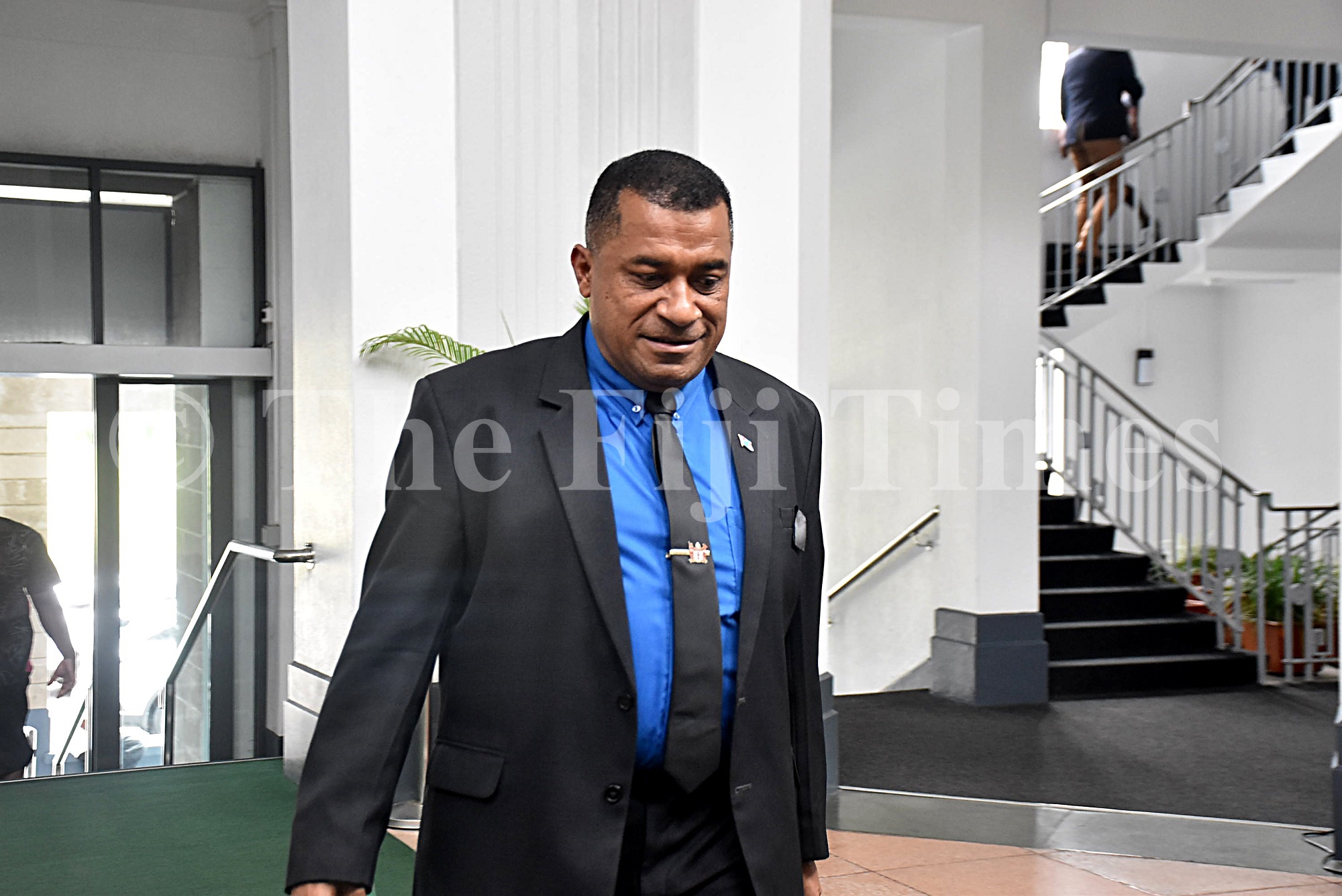It is no secret that Fiji has a serious waste management problem. The issue is widespread and ranges from littering to improper disposal of garbage, as well as enormous waste generation that is threatening the longevity of our landfills.
Government has a mammoth challenge ahead as it tries to address this problem that isn’t just an eyesore, but also detrimental to the environment.
But what, if anything, is being done to solve this crisis?
This question was posed to Local Government Minister Maciu Nalumisa in Parliament last week, where he conceded that waste management in Fiji is “a critical issue”.
Mr Nalumisa explained that municipal councils service 234 settlements and villages in extended municipal boundaries and over the past three years, have collected 120.8 tonnes of waste from these areas.
During this period, Government contributed $10.6 million towards waste disposal efforts. For the 2023-24 fiscal years, $2.2m has been allocated to address solid waste management. According to Mr Nalumisa, the exacerbated rate of urban drift, population growth and changes in lifestyle are key factors in the surging waste generation.
“As outlined in the Local Government Act 1972, the municipalities bear the responsibility for solid waste management,” he said.
“However, they face a barrage of issues including illegal dumping, damaged communal containers, and resistance to service charges. In the rural areas, the disposal of solid waste is often buried or through burning.”
A collaboration between the Japan International Cooperation Agency (JICA) and Ministry of Local Government has brought grants and technical assistance to manage solid waste effectively.
Mr Nalumisa said that additional support included subsidies, purchase of garbage trucks in collaboration with JICA, and formulation of a solid waste masterplan.
Now, councils are taking a step forward towards the implementation of sustainable practices through waste segregation at source.
This, Mr Nalumisa said, meant composting green waste and assisting villages in communal heat excavation within the delegated areas.
This approach has also been designed to help extend the lifespan of landfills.
“To further enhance solid waste management, the ministry, in collaboration with municipal councils, has initiated a partnership with the Pacific Recycling Foundation to establish mini-waste recycling centres,” Mr Nalumisa told Parliament.
“The centres situated in various locations aim to address waste issues in informal settlements and promote recycling.
“It is essential to acknowledge that councils provide waste collection services to informal settlements without monetary compensation, or it is free of charge to the informal settlements.
“The waste collection subsidy helps offset the cost and the councils are actively working to reduce ongoing expenses by procuring fleet and equipment and adopting inhouse services to replace costly outsourcing.”
Mr Nalumisa said the ministry was working with partners such as the Korea International Cooperation Agency (KOICA) and United Nations Development Program (UNDP) to help rehabilitate dumpsites across Viti Levu.
“If you have been to or if you have a chance to visit Lautoka dump site, they now have a compost site where all the green waste is dumped in a particular area.
“As we speak, they do collect the compost, it can be termed as very good manure and fertilisers.
“In one of my last visits to the Vunato rubbish dump, they have even been selling green waste or compost to the public. That is something that we are also exploring right now.
“If you go to countries like Singapore, they are converting waste to energy. So, these are some of the ways that we are reviewing right now and trying to ensure that when we try and resolve the waste management system, we also look at the more effective and more climate friendly ways of disposing waste in our country.”
But all measures will be useless unless it is enacted in law, which has led the ministry to seek the assistance of key agencies such as the Ministry of Environment, Climate Change Unit, Ministry of Finance, UNDP and KOICA to spearhead legislative reforms.
Mr Nalumisa said these reforms would be geared toward instituting mandatory ways of sorting at the source and ensuring effective management at dumpsites and landfills.
“Despite the formidable challenges faced, municipal councils are unwavering in their commitment to delivering efficient services to their delegated areas.”



